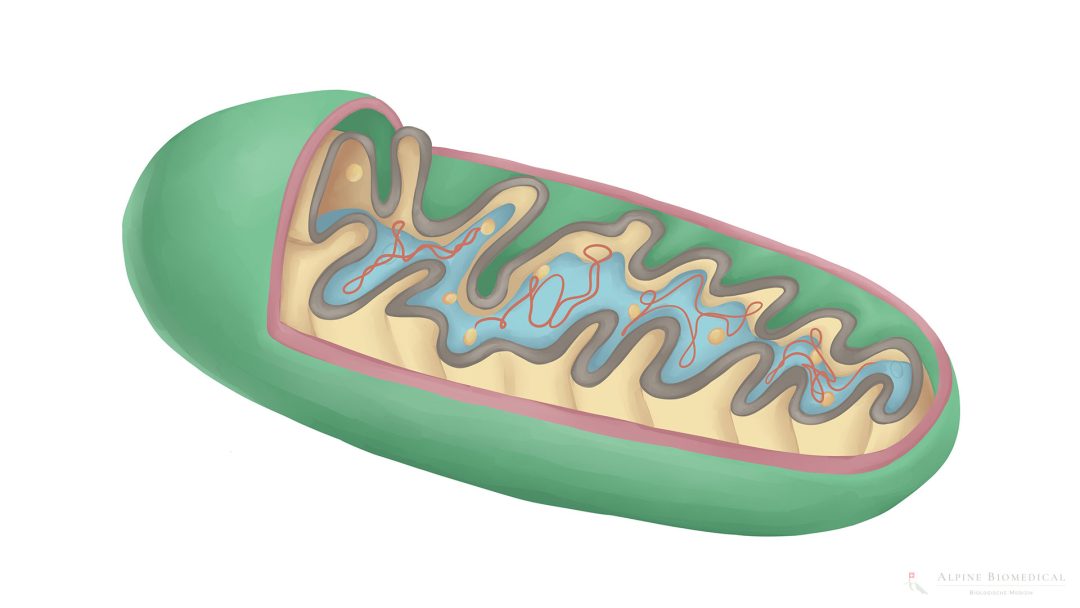Mitochondrial Therapy

Mitochondrial therapy includes proven protocols and measures to improve mitochondrial function. Mitochondria are the energy powerhouses of the human body. They provide each cell with the energy necessary for healthy cellular metabolism.
Many studies have found that impaired mitochondrial function can lead to various problems and diseases. For example, various neurological or immunological diseases can be attributed to intracellular energy deficiency.
The disorder of mitochondria is also called mitochondriopathy. Mitochondriopathies are known mainly as hereditary diseases that occur in early childhood and adolescence and are considered not treatable. However recently, mitochondriopathies have been found to also occur later in life, which are referred to as secondary mitochondriopathies. These are not genetic, but a consequence of malfunctions in mitochondrial biochemistry and can be triggered by environmental toxins (for example, heavy metals from dental materials, chemicals from wood preservatives), among other things. Here it is crucial to find out the causes and triggers. Symptomatic therapy can provide support, but causal treatment is essential for long-term health improvement.
Dr. med. Karsten Ostermann M.A.
At Alpine BioMedical, we combine different methods to provide effective and cause-specific mitochondrial therapy.

Further information
Further information intended to give a better overview of the topic.